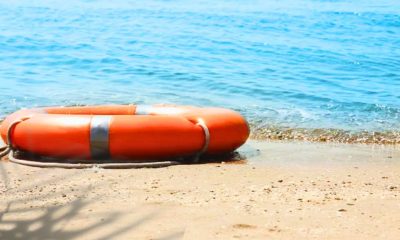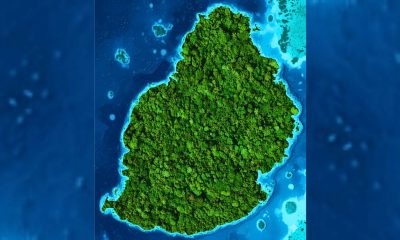News
Mauritius’s Coast Could Recede Up To 160 Meters By 2100

Mauritius is experiencing significant changes along its coastline due to climate change and human activities such as urbanization, concrete construction, and destruction of coastal ecosystems. These factors are making the island’s shoreline more vulnerable over time.
A recent study by the Geological and Mining Research Office (BRGM) highlighted the scale of these challenges.
The report warns that Mauritius’s coast could retreat significantly in the coming decades. This retreat means the sea could encroach further onto land, reducing beaches and coastal areas.
By 2050, the coast could recede between 5 and 50 meters in some areas, with 61 zones identified as especially at risk.
If current trends continue, the coastline could retreat between 10 and 160 meters by 2100, depending on the region. On sandy beaches, the average retreat could be around 55 to 75 meters.
Coral bleaching, which weakens the natural barriers against erosion, is also worsening.
Over the past decade, sea levels around Mauritius have risen by an average of 4.7 mm annually—faster than the global average of 3.4 mm since 1993.
By 2100, sea levels may increase by about 87 centimeters, with an average rise of 5.8 mm per year.
These rising waters, combined with more frequent and intense storms, pose serious risks.
During storms or extreme weather, water levels could exceed 3.5 meters, leading to severe flooding in towns like Mahébourg and Grand-Baie.
To address these issues, the BRGM recommends several actions. These include improving coastal monitoring through regular mapping and ecological assessments, establishing a national observatory to centralize data, and coordinating responses.
They also advise using natural solutions for coastal protection, revising urban planning to avoid high-risk zones, updating building standards, and encouraging the retreat from the most vulnerable areas.
Implementing these measures is essential to protect Mauritius’s coastlines and ensure the island’s resilience against the ongoing impacts of climate change.
Source: l’Express











